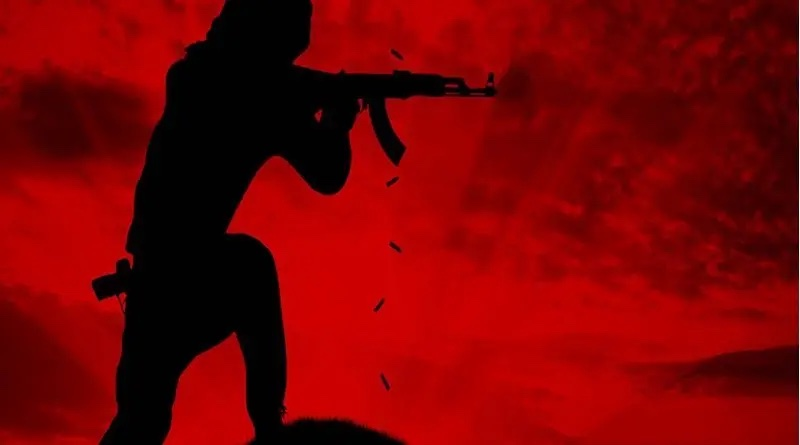
Terrorists that plague northern Nigeria are arming themselves with weapons that originated in Libya, according to Nigerian defense officials.
Weapons traffickers in Nigeria are benefitting from instability across the Sahel, particularly in Niger, which has become a key transit point for weapons taken from Libyan stockpiles. Those weapons have moved into other Sahel countries as well as Nigeria, according to the Small Arms Survey.
“When we talk about the proliferation of arms, first, you have to look at what happened in Libya years ago and in the Sahel,” Nigerian Maj. Gen. Edward Buba said during a recent briefing. “Now, this gave the opportunity for arms to get into the wrong hands and then filtered into our country, which worsened the issue of insurgency and terrorism that we were faced with in the country.”
In late October, Nigeria’s National Centre for the Control of Small Arms and Light Weapons destroyed 2,400 weapons confiscated from criminals across the country. Johnson Kokumo, the center’s director-general, said Nigeria would not tolerate the illegal trafficking of weapons into the country.
“These frameworks underscore the importance of transparent documentation and the responsible disposal of recovered arms, ensuring that they do not find their way back into the hands of criminal elements,” Kokumo said during the destruction ceremony in Abuja.
The volume of illicit weapons into Nigeria has been described as “like rice on the market,” with much of that traffic being traced back to Libya.
“This unlimited and unchecked proliferation of illegal arms has reached an epidemic level in Nigeria in recent times with attendant national security implications,” analyst Dakuku Peterside wrote for The Cable. The flow of weapons contributes to violence, crime and insecurity in the country.
The 2011 collapse of the Libyan government under former dictator Moammar Gadhafi left the country’s massive weapons arsenals largely unguarded. The United Nations estimated in 2020 that Libya had as much as 200,000 tons of weapons at the time of its collapse. The subsequent civil wars made the security of Libya’s weapons stockpiles even worse.
“Those weapons were sitting virtually unguarded, destined for markets in the Sahel down south,” Defense News Nigeria wrote on X. “At the apex of its power the Boko Haram campaign was being fueled by large scale heavy weapons supplies from [Gadhafi’s] looted vast arms stockpile.”
Beyond its own stockpiles, Libya has also become a source of foreign weapons — many of them made in Russia and brought to the country by mercenaries connected to the former Wagner Group, now known as Africa Corps. Russia also uses Libyan ports to supply weapons to military juntas ruling Burkina Faso, Mali and Niger.
Many of those weapons ultimately end up in the hands of terrorists in northern Nigeria, threatening civilians and Soldiers alike. Experts say terrorists have also captured weapons during raids on military outposts.
In 2020, the Small Arms Survey estimated that Nigeria had 6.2 million small arms in the hands of civilians compared to about 580,000 in the hands of security forces. The presence of illicit weapons creates a vicious cycle of instability as local communities arm themselves to defend against terrorists and criminals, according to experts. That’s especially true in communities that feel ignored or overlooked by government security forces.
“Surging illicit arms flows have increased the availability of firearms in many communities,” researchers with the Small Arms Survey wrote in a study. “Formerly low-level local conflicts thus risk violent escalation as traditional weapons — or, indeed, peaceful means of dispute settlement — are replaced with modern firearms.”
